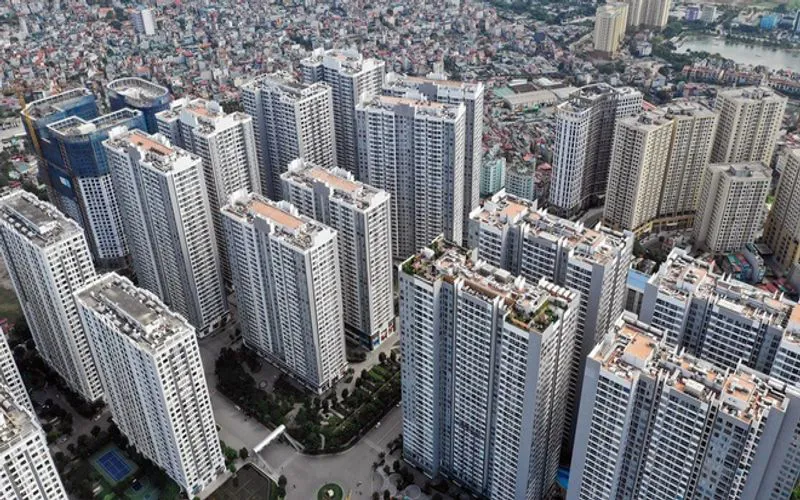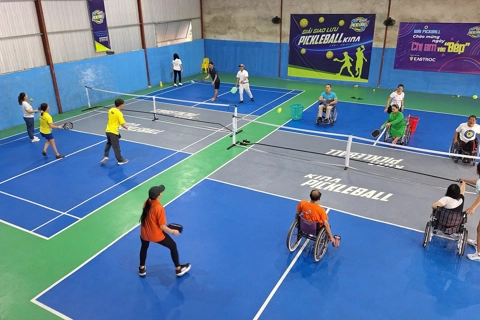Hanoi sets up steering committee for planning in the next 10 years
The steering committee will periodically organize briefings to update the situation and handle obstacles related to planning.
The Hanoi People's Committee has decided to establish a steering committee to map out the city’s planning for the 2021-2030 period, with a vision to 2045, local media reported.
The steering committee will be in charge of counseling the municipal People's Committee on planning, giving instruction and conducting inspection of Hanoi’s agencies in devising planning in the above-mentioned period.
| Hanoi’s planning work in the next 10 years is especially important. Photo: Viet Linh |
The steering committee will periodically organize briefings to update the situation and handle obstacles related planning. Those issues which solutions are beyond its competence, the committee is required to consult experts and related agencies and forward them to the city’s government to decide.
Hanoi mayor Nguyen Duc Chung will head the committee. The deputy heads are the city’s Vice Chairmen Nguyen The Hung and Nguyen Doan Toan. The committee’s standing person is Director of the municipal Department of Planning and Investment Nguyen Manh Quyen.
In a interview with Zing, architect Dao Ngoc Nghiem, former director of the Hanoi Department of Planning and Architecture, said that in the 2011-2020 period, the city has completed a large amount of work on urban planning and transport infrastructure.
"In the period, Hanoi has to complete more than 150 plans. So far, 57/68 zoning plans and general plans as well as 70 detailed plans have been approved," Nghiem said.
He added that Hanoi will approve all remaining plans and complete the planning work this year. Thus, 86% of Hanoi’s natural area has been planned.
However, assessing Hanoi’s current planning system, the expert said that there are overlaps and shortage of cohesion. Besides, there have been obstacles and lack of effectiveness in planning implementation, Nghiem noted.
He emphasized that Hanoi’s planning work in the next 10 years is especially important because the city aims to reduce and eventually ban motorbikes by 2030. If the planning and construction work for transport infrastructure is not implemented synchronously and effectively, it will be very difficult to achieve the goal.











